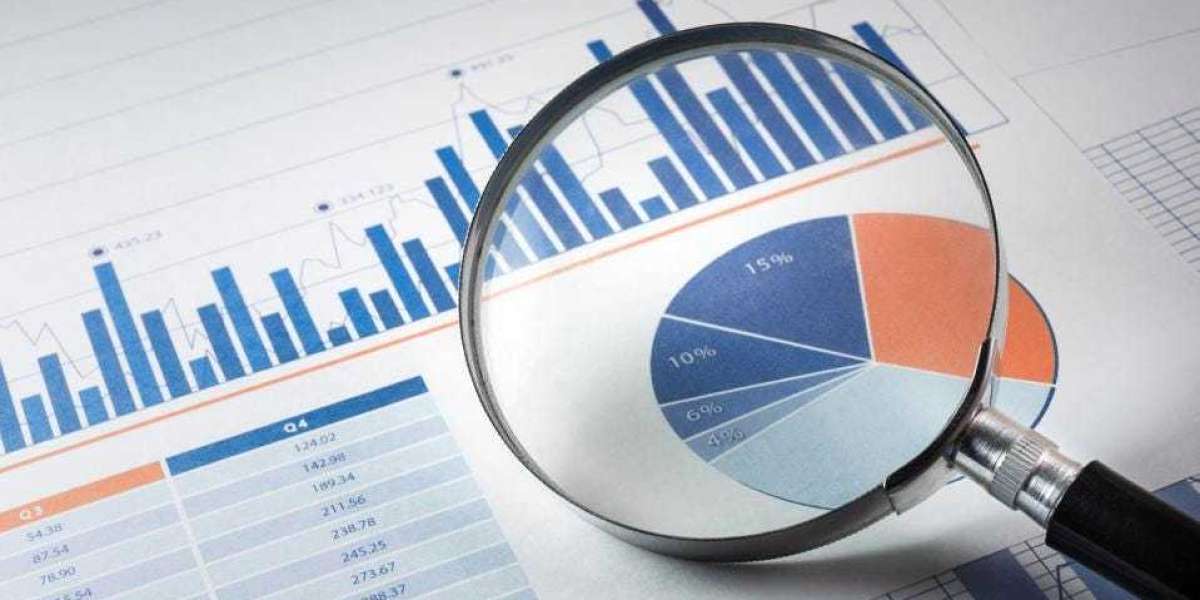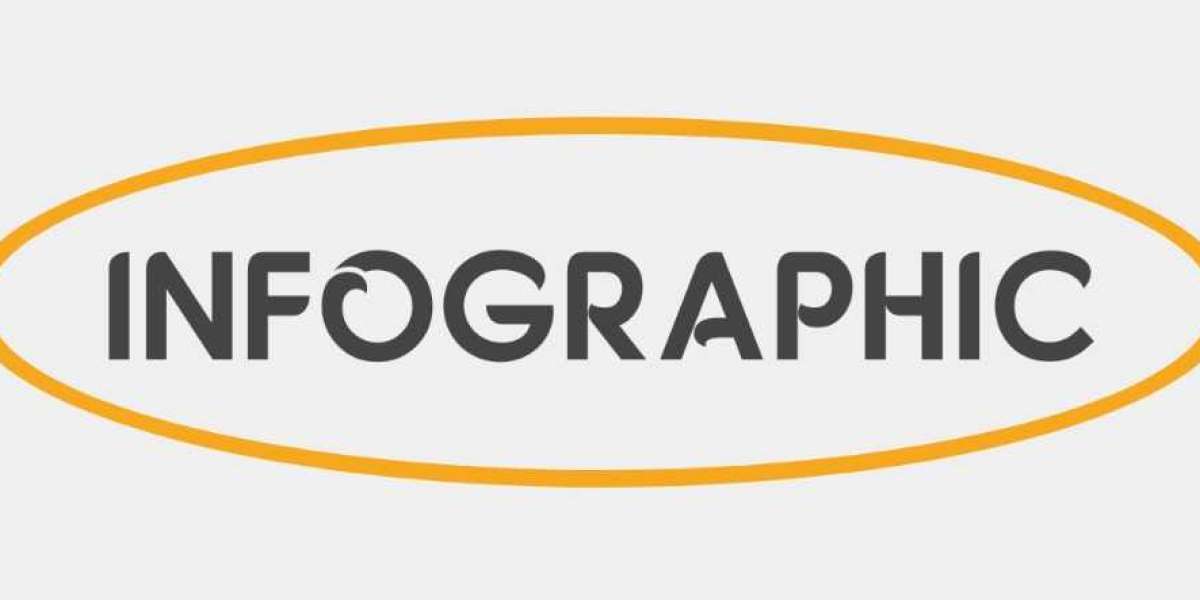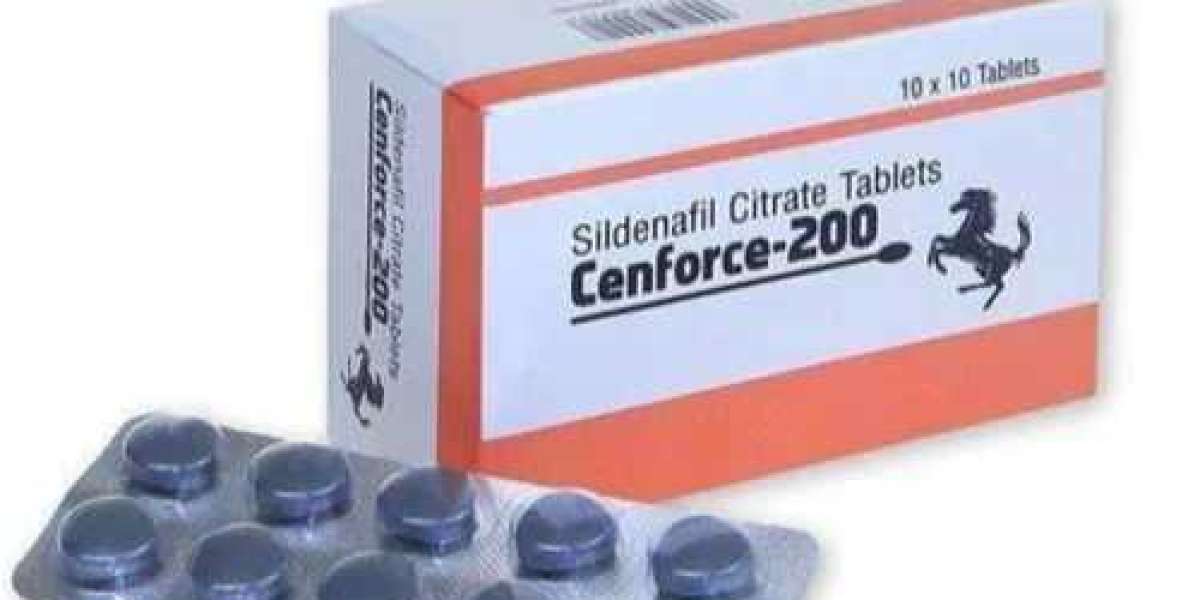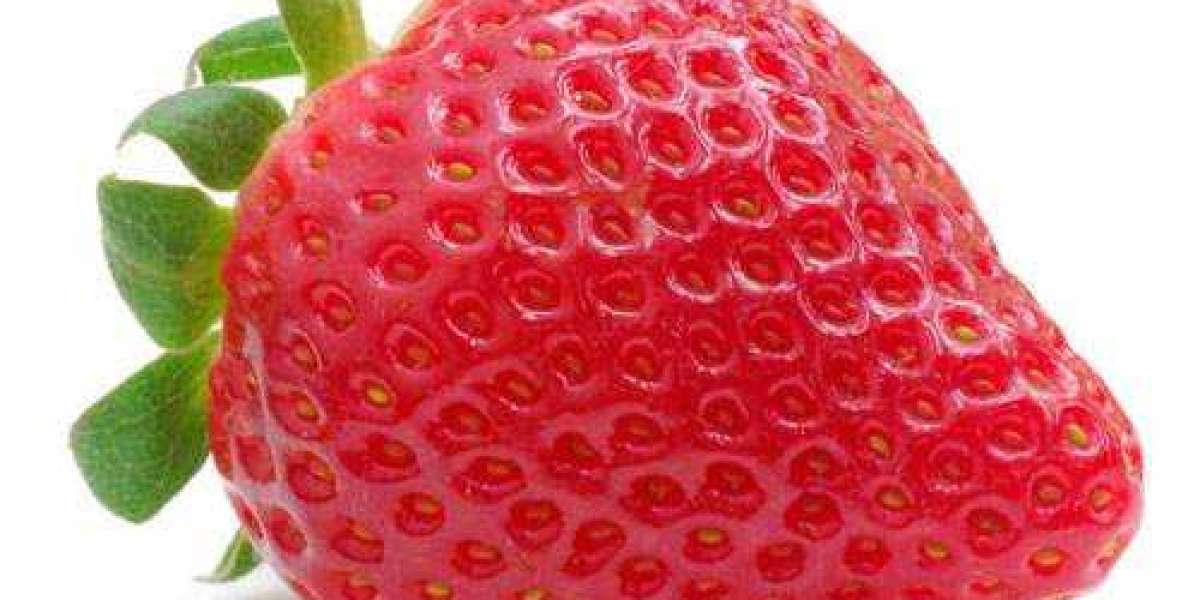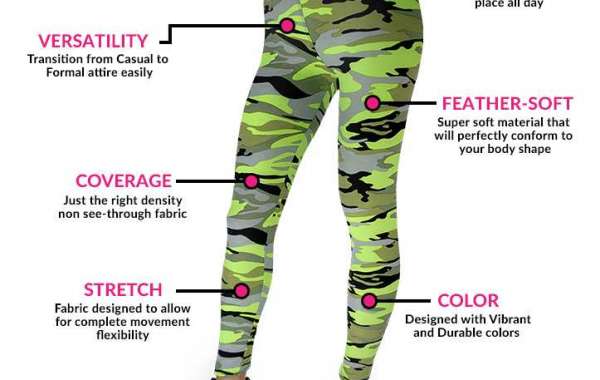The global immunofluorescence assay market share is growing pervasively. The market growth attributes to the increase in biological studies in RD for the detection of biomolecules like glycans, proteins, and small biological and non-biological molecules of various diseases. Also, immunofluorescence assays are primarily used for rapid and sensitive diagnostics of various chronic diseases such as cancer, autoimmune diseases, infectious diseases like HIV, neurological disorders such as Alzheimer's and Parkinson's diseases.
With the intervention of the COVID-19, the immunofluorescence assay industry outlook is witnessing a massive demand across the globe. This is due to the rising usages of immunofluorescence assays in the development of antibodies that can detect sars-Cov-2 in patient samples. According to Market Research Future (MRFR), the global Immunofluorescence Assay Market is expected to reach USD 2.7 Billion by 2030 at 6.10% CAGR during the forecast period 2022-2030.
Advancements in medical technology, alongside the increasing RD funding by industry leaders and governments, boost the market growth. Additionally, rising numbers of preclinical research, alongside the rising studies on antibody therapies, advanced drug discoveries, and oncology diseases, accelerate the market growth. Growing collaborations between research institutes and biotechnology companies are expected to drive the growth of the immunofluorescence assay market insights.
Conversely, the high cost of immunofluorescence assay products such as diagnostic kits is expected to restrict the market growth during the forecast period. Also, factors such as risks of cross contaminations and shortage of skilled labor weak detection signals are estimated to impede the growth of this market. Nevertheless, growing advancements in biotechnology medical science would support the growth of the market, bringing about cost-effective immunofluorescence assay.
Global Immunofluorescence Assay Market – Segmentation
The report is segmented into five dynamics;
By Technique : Primary (Direct) Immunofluorescence Assays and Secondary (Indirect) Immunofluorescence Assays (Salt split technique, Antigenic mapping method, Double Staining method), Micro Immunofluorescence.
By Product Type : Antibodies, Kits Reagents, Instruments, Microscopes, Imaging Analysis Systems, Labeling dyes, Species Product Type, and others.
By Application : Clinical Research, Clinical Diagnostics, Infectious Diseases, Cancer, Cardiovascular Diseases, Autoimmune Diseases, Neurological Diseases, Research Development, and others.
By End-User : Biotechnology Companies, Hospitals Research Institutes, Contract Research Organizations, Diagnostic centers, and others.
By Regions : Americas, Europe, Asia Pacific, and Rest-of-the-World.
Global Immunofluorescence Assay Market – Regional Analysis
North America dominates the global immunofluorescence assay market trends. The largest market share attributes to the high prevalence of chronic diseases and rising RD investments within this region. Also, the rising adoption of advanced systems for early diagnosis of diseases drives the regional market growth. Moreover, the advancement in the development techniques and increasing use of nanotechnology in the development of immunofluorescence assay fostered the growth of the regional market.
The US, among other North American countries, holds the largest share in the regional market. Besides, the presence of vast numbers of biotechnology pharmaceutical companies impacts the regional market growth positively. The North American immunofluorescence assay market is estimated to retain its leading position throughout the assessment period.
Europe stands second in the immunofluorescence assay market. The market is driven by the increasing prevalence of myriads of chronic diseases such as cancer and the rapidly growing biotechnology sector in Europe. Moreover, substantial RD investments by the public and private sectors, alongside the increasing R D in biotechnology, foster the market growth in the region. The European immunofluorescence assay market is projected to create a substantial revenue pocket over the review period.
The immunofluorescence assay market in the Asia Pacific region is growing rapidly. Factors such as the growing patient pool, high incidence of chronic diseases, developing healthcare infrastructure, and increasing RD activities in the biotechnology sector influence the market in this region. Also, the presence of major market players in China, India, and Japan drive market growth. Rising government initiatives increase the size of the immunofluorescence assay market in the region.
The region witnesses rising developments of immunofluorescence assay products, while several products are under the pipeline, which is carried out under license agreements. The APAC immunofluorescence assay market is expected to grow at an impressive CAGR during the predicted period.
Global Immunofluorescence Assay Market – Competitive Analysis
Highly competitive, the global immunofluorescence assay market appears fragmented due to the presence of several well-established players. To gain a larger competitive advantage, players incorporate strategies such as mergers acquisitions, collaborations, expansion, and product/technology launch. Top players make huge investments for RD and clinical trials to develop these assays. Pharmaceutical companies are the largest investors in the immunofluorescence assay market.
Major Players:
The global immunofluorescence assay market Players leading include Abcam plc., Thermo Fisher Scientific, BioLegend, Inc., Enzo Life Sciences, Inc., Sino Biological Inc., BioTek Instruments, Inc., Bio-Rad Laboratories, Inc., Zyagen Cell Signaling Technology, Inc., PerkinElmer Inc., Becton Dickinson and Company, Merck, Agilent Technologies, TCS Biosciences Ltd, and Maxvision Biosciences Inc., among others.
Industry/Innovation/ Related News:
May 29, 2020 --- Rockland Immunochemicals Inc. (the US), a leading global biotechnology company, announced the development of a critical antibody reagent essential to antibody tests used to determine SARS-CoV-2 exposure for patients suspected to have contracted COVID-19. The antibody specifically reacts with the SARS-CoV-2 Nucleocapsid protein present in patient samples and has shown in various independent testing laboratories in regions highly specific and sensitive for SARS-CoV-2.
Rockland manufactures tools for basic, applied, and clinical research in functional genomics, gene therapy, and drug discovery markets. It offers each academic, biopharma, and professional diagnostic thousands of antibodies to provide the right antibody that is the perfect fit for every occasion. The newly developed antibody has proven effective in lateral flow assays (immunochromatography), ELISA, Western blotting, Immunofluorescence microscopy, fluorescence-activated cell sorting, and immunohistochemistry.
About US:
Market Research Future (MRFR) enable customers to unravel the complexity of various industries through Cooked Research Report (CRR), Half-Cooked Research Reports (HCRR), Raw Research Reports (3R), Continuous-Feed Research (CFR), and Market Research Consulting Services.
Contact us:
Market Research Future (part of Wantstats Research and Media Private Limited),
99 Hudson Street,5Th Floor, New York,
New York 10013

